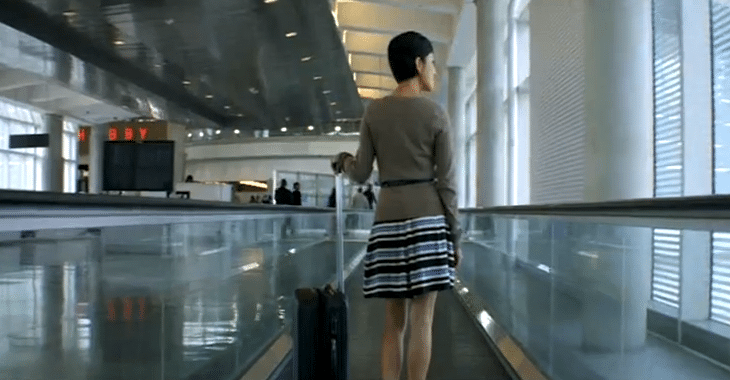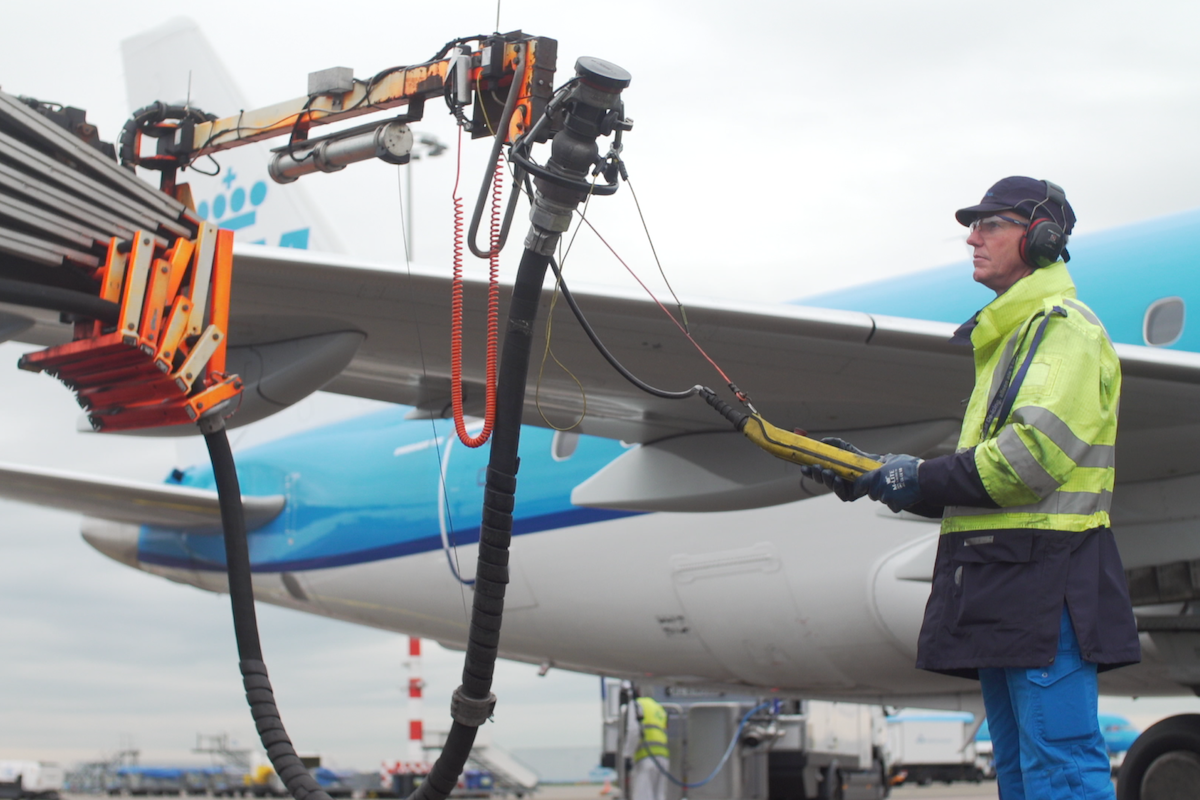Southwest CEO: Nevermind naysayers, we won’t change two-bags free policy

Skift Take
It isn’t often that an airline CEO takes 10 minutes or so during a conference call about first quarter financial results to defend one of the carrier’s advertising campaigns, but that’s what Southwest CEO Gary Kelly did today.
Taking several questions from financial analysts about Southwest’s Spring campaign, which debuted in March, Kelly acknowledged that the campaign has triggered a lot of discussion and criticism, adding if it doesn’t resonate with customers, then “we will evolve the campaign.”
The advertisement [embedded below] doesn’t feature any bare-chested ground-crew members touting free checked bags or engaging in the usual Southwest hijinks, as prior ads have done, but is very corporate-sounding, portraying the airline as part of the American dream and growing to become “America’s largest domestic airline.”
Kelly said 2013 is not 2006, and Southwest wanted to take a fresh approach in the campaign to create a “re-awareness” that Southwest is not just about free checked bags.
“Our brand is not built around not charging for bags,” Kelly said. “That’s not who were are.”
Instead, Kelly defined the Southwest brand as being a low-fare airline that values customer service.
“We are not changing the essence of Southwest,” Kelly said. “We are still low-fare, bags fly free, but we are much more than that.”
Trying to halt speculation that the new campaign means Southwest is about to start charging fees for the two first checked bags, Kelly said: “There is no change that is imminent.”
Kelly repeated his argument that forsaking bag-fee charges for the first two checked bags actually contributes about $1 billion in additional revenue annually because otherwise passengers would defect to other carriers.
But, Kelly wouldn’t rule it out bag fees in the future if customers’ attitudes or conditions change.
“We will continue to evaluate whether we have the right mix-and-match of fares and fees,” Kelly said.
Here’s the ad, which some argue signifies that Southwest faces an identity crisis:




